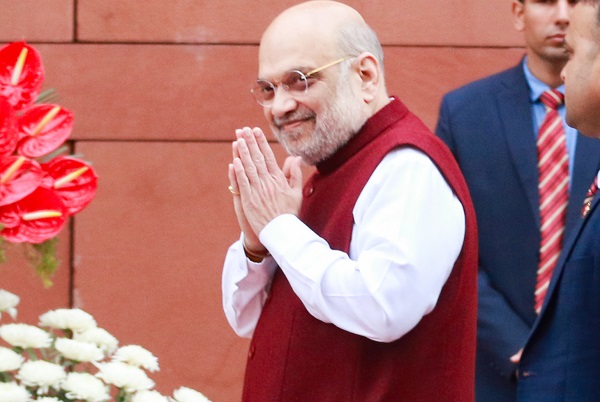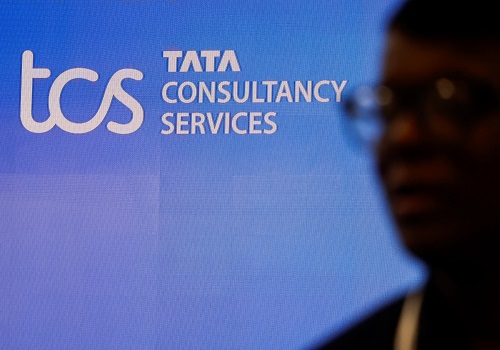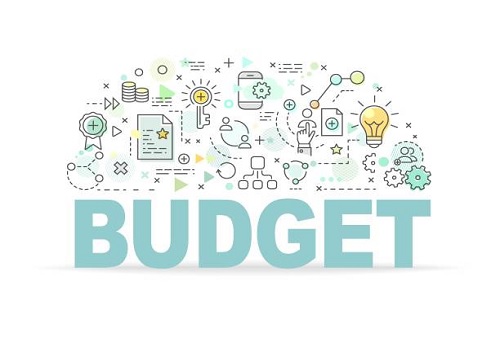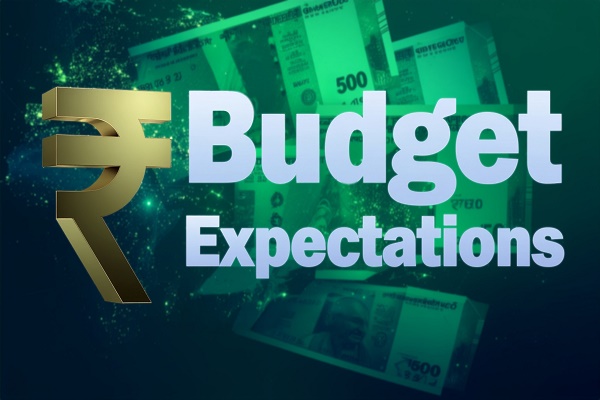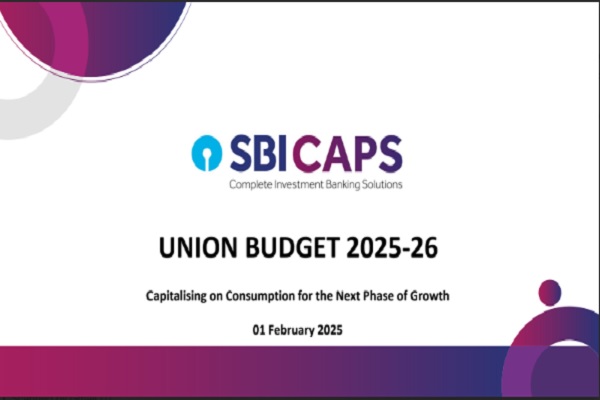Green Economy in Focus: Budget 2025 and Sustainability Initiatives

The Union Budget 2025 marks a decisive step toward embracing sustainability and fostering a green economy. With growing global emphasis on addressing climate change and achieving net-zero emissions, the government’s fiscal policies reflect a commitment to balancing economic growth with environmental stewardship.
Key Allocations for Green Initiatives
The budget earmarks significant funds for renewable energy, sustainable agriculture, and green infrastructure. Key highlights include:
Renewable Energy Boost: An allocation of Rs 1.5 lakh crore for renewable energy projects, with a focus on solar, wind, and hydropower. This includes subsidies for rooftop solar installations and incentives for green hydrogen production.
Electric Vehicle Ecosystem: Rs 60,000 crore dedicated to developing EV charging infrastructure, battery manufacturing units, and subsidies for EV buyers to accelerate the shift to electric mobility.
Sustainable Agriculture: Rs 25,000 crore to promote climate-resilient farming practices, organic farming, and the adoption of precision agriculture technologies.
Circular Economy Initiatives: Rs 10,000 crore to support waste management, recycling industries, and the reduction of single-use plastics.
Focus on Green Jobs and Skill Development
To ensure a smooth transition to a green economy, the budget introduces programs aimed at skill development in renewable energy, sustainable construction, and green technology sectors. It is estimated that these initiatives will create over 2 million green jobs by 2030.
Public-Private Partnerships (PPPs)
Recognizing the importance of collaboration, the government has announced PPP models for large-scale projects, including renewable energy parks, urban sustainability hubs, and smart city solutions. These partnerships aim to leverage private sector expertise while ensuring equitable and sustainable growth.
Incentives for Green Investments
To attract investments, the government has introduced tax benefits for companies adhering to Environmental, Social, and Governance (ESG) norms. These include reduced corporate tax rates for industries achieving green certifications and low-interest loans for sustainable projects.
Sustainability and Infrastructure
Infrastructure development remains a priority, with a green twist. Highlights include:
Green Building Codes: Mandating energy-efficient practices in urban construction and offering incentives for adopting net-zero building designs.
Sustainable Transport: Investment in metro rail projects, dedicated bicycle lanes, and the expansion of electrified railway networks.
Climate Resilience and Disaster Management
With climate change increasing the frequency of natural disasters, ?20,000 crore has been allocated for disaster preparedness, including early warning systems, flood management, and climate-resilient infrastructure in vulnerable areas.
International Cooperation
India plans to strengthen its leadership role in global sustainability efforts by increasing contributions to international green funds and collaborating on clean technology innovations.
Challenges Ahead
While the budget sets an ambitious roadmap, challenges such as fund utilization, technological adoption, and public awareness remain. Efficient execution and monitoring will be crucial to achieving these goals.
Conclusion
Budget 2025 underscores the government’s commitment to a sustainable future, emphasizing the importance of green growth as a cornerstone of economic policy. By fostering innovation, encouraging public-private partnerships, and prioritizing climate resilience, India aims to position itself as a global leader in the green economy. The onus now lies on implementing these initiatives effectively to ensure long-term environmental and economic benefits.














